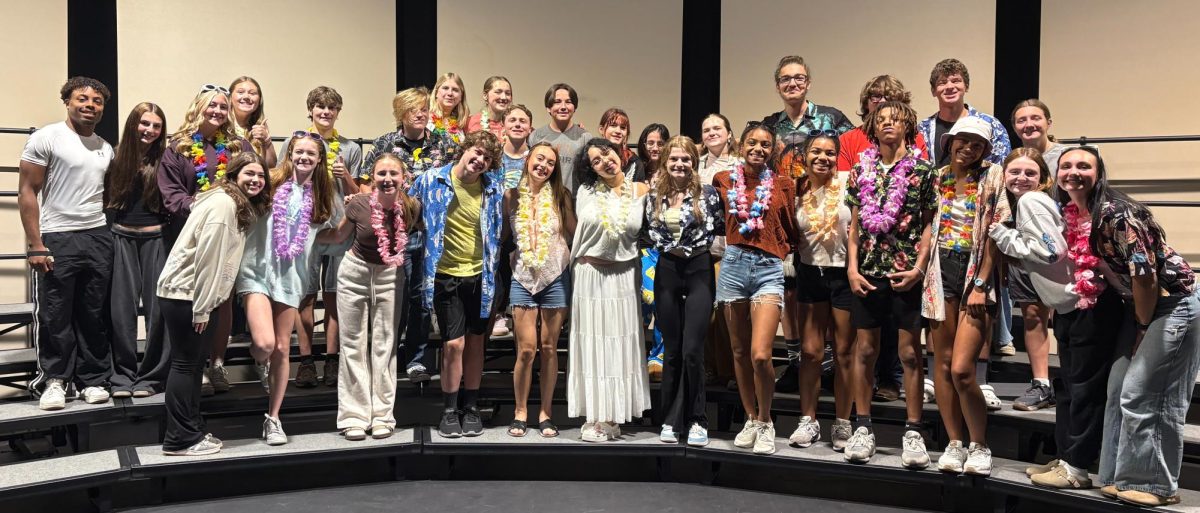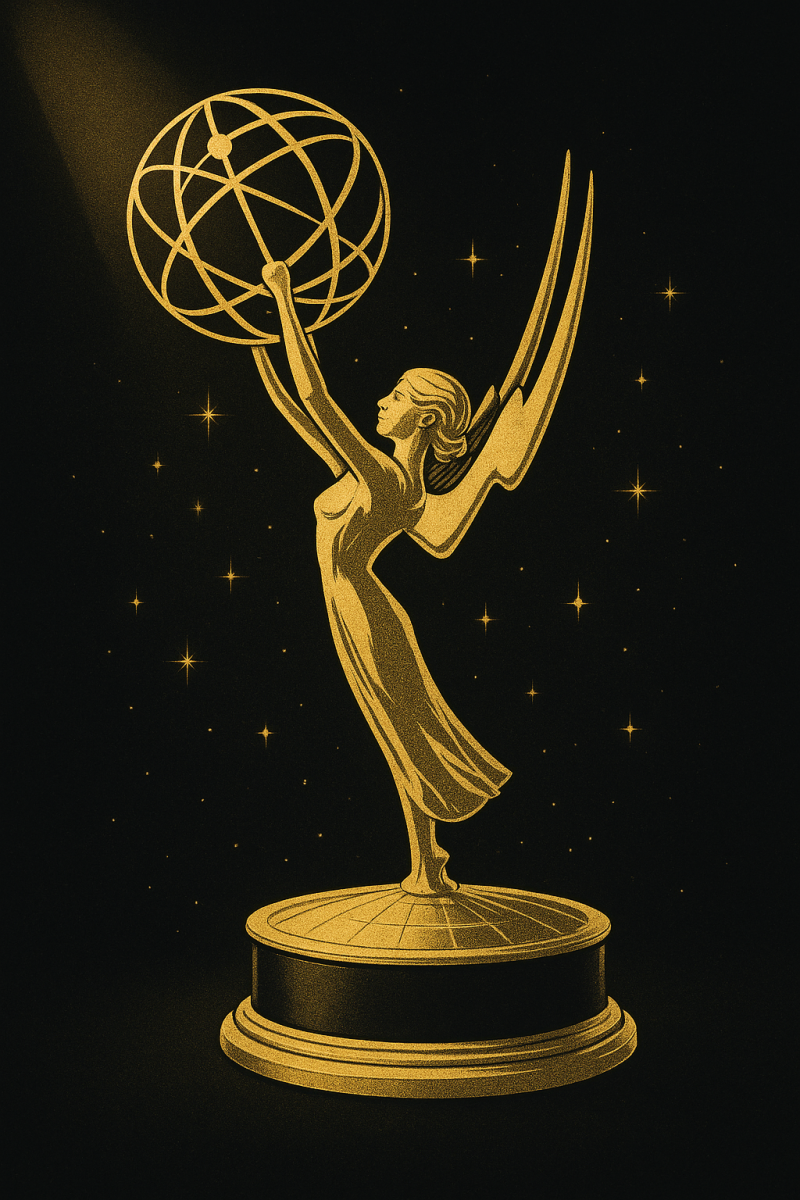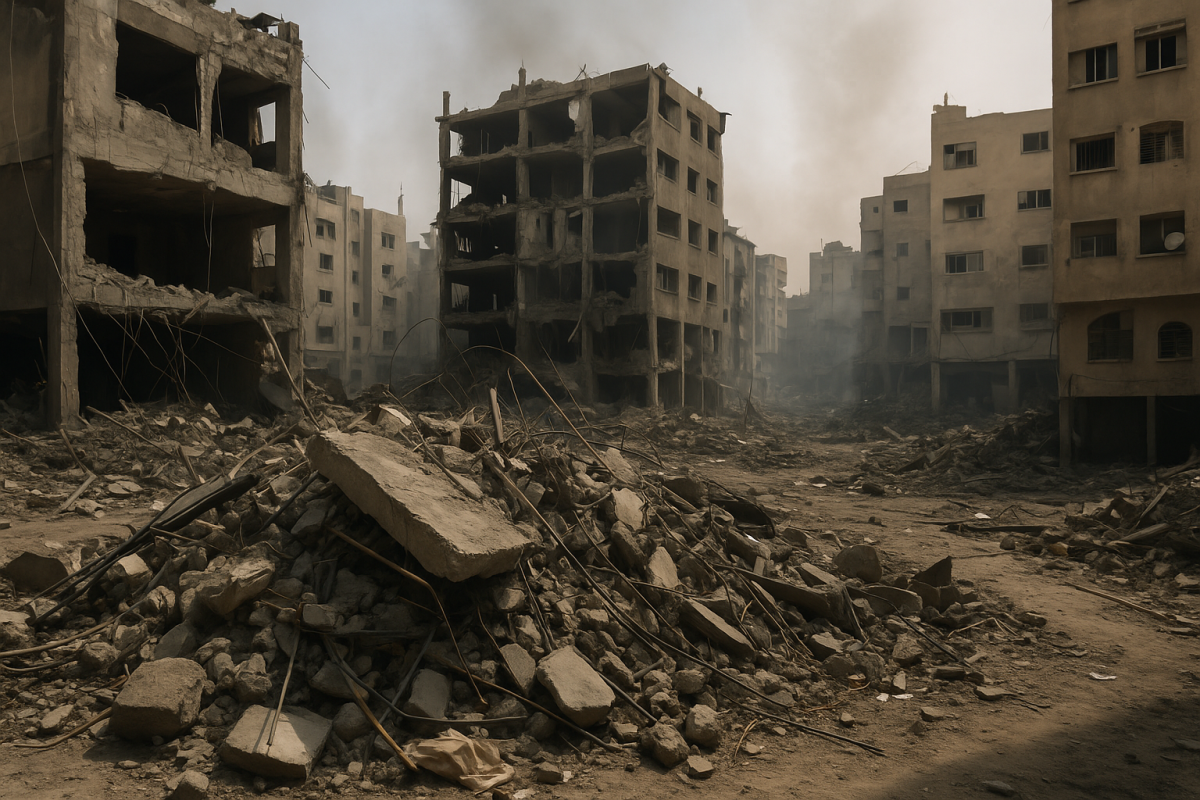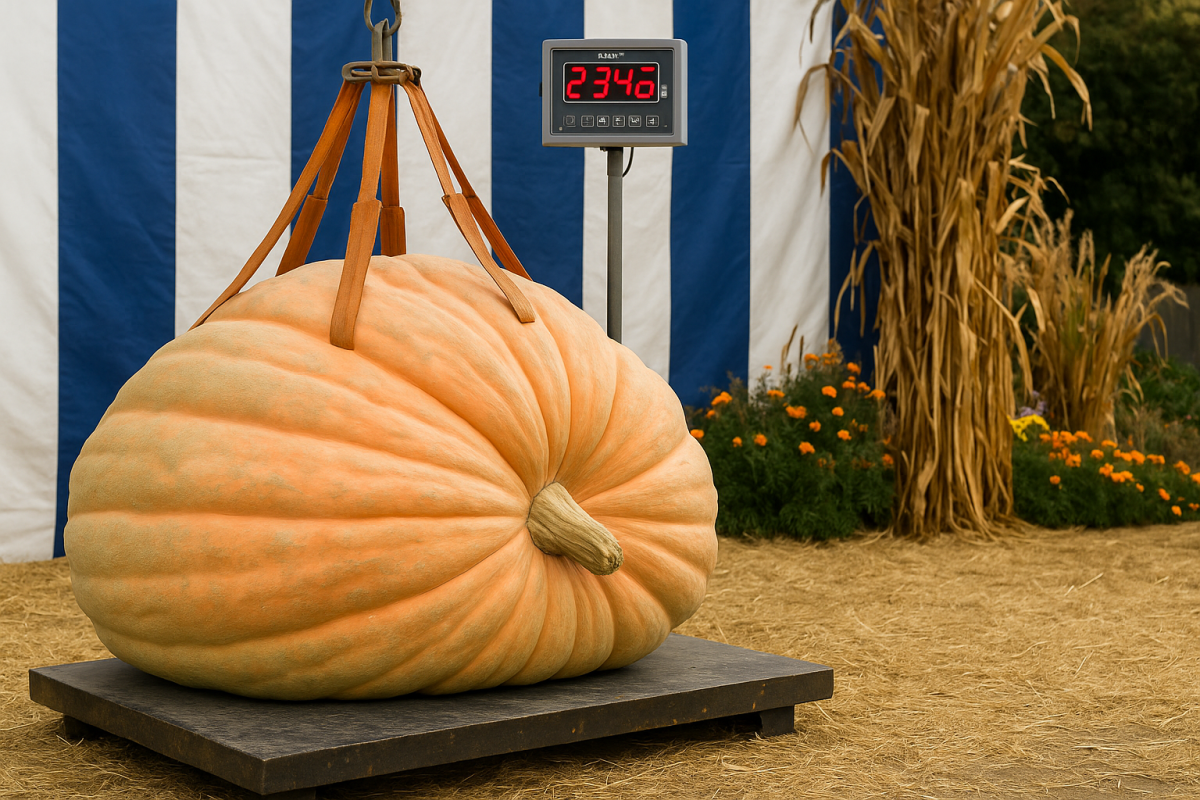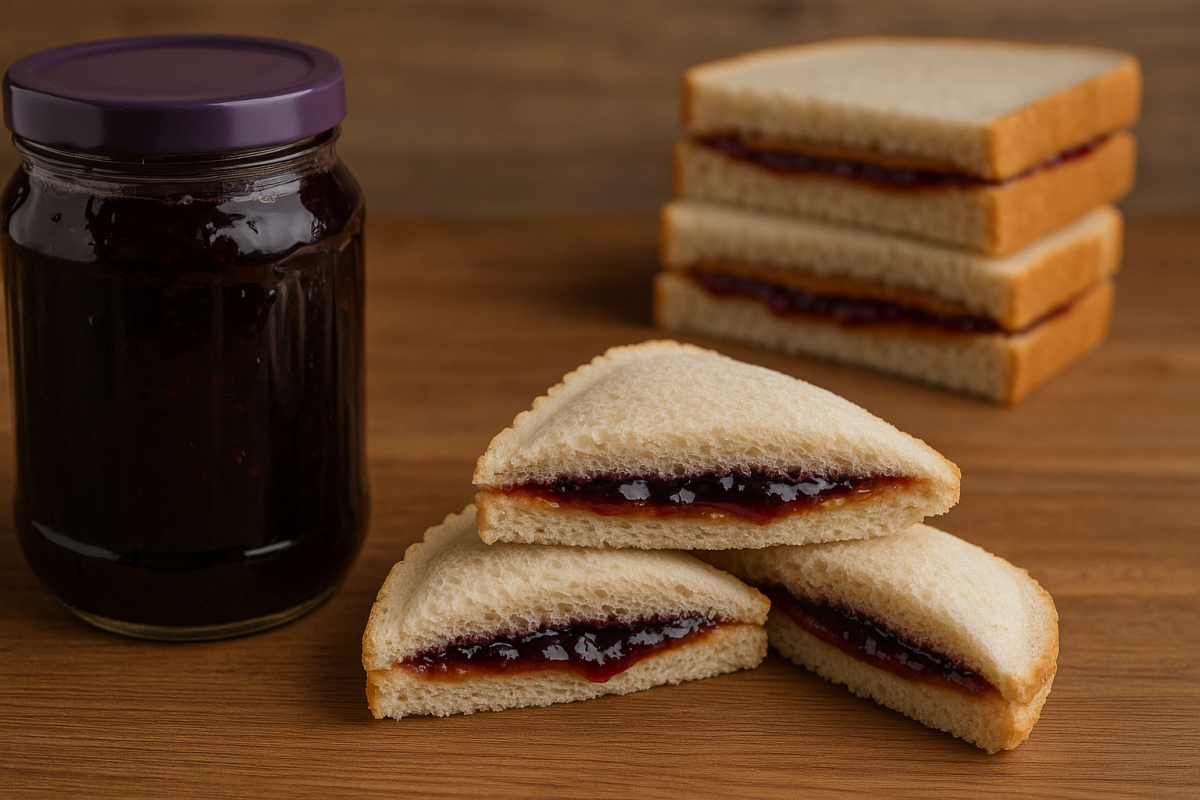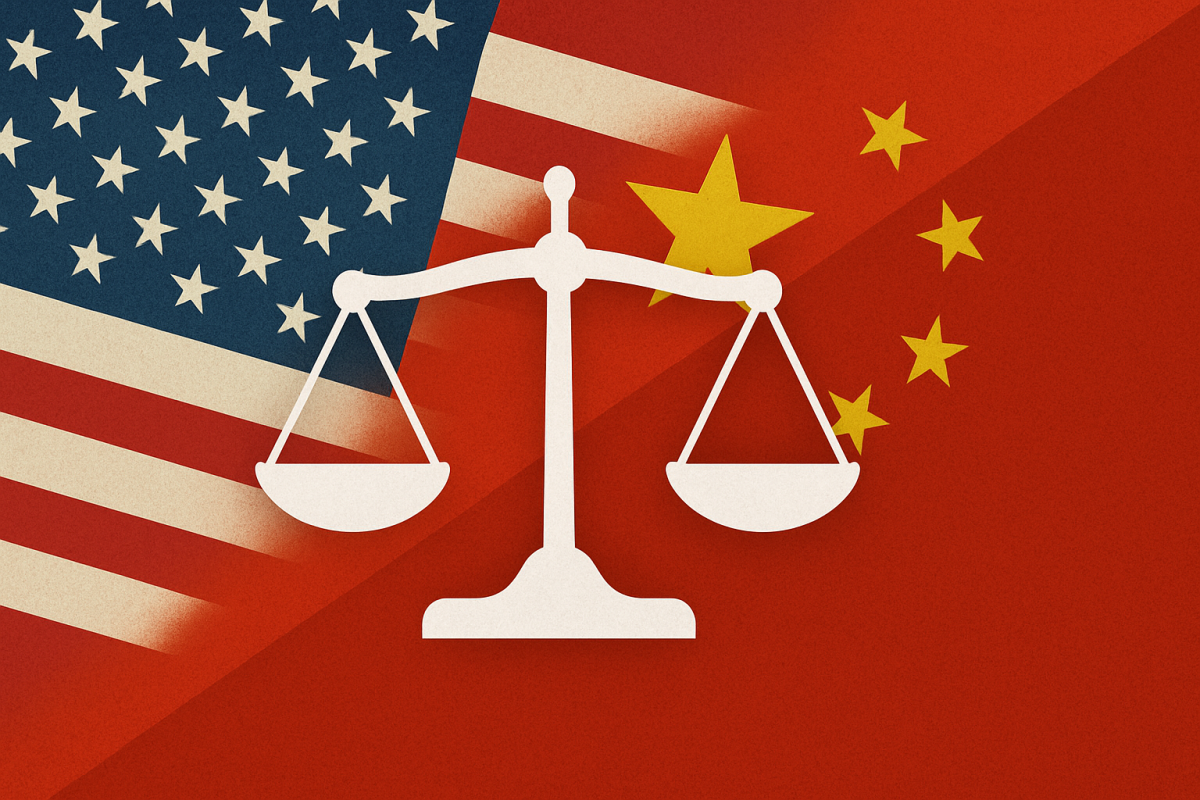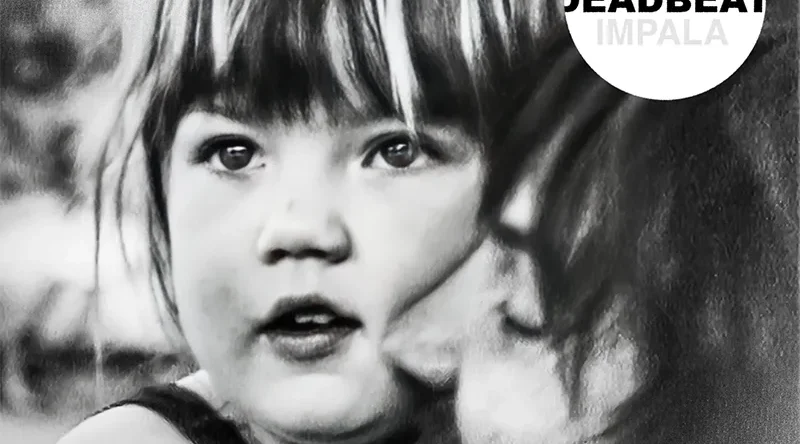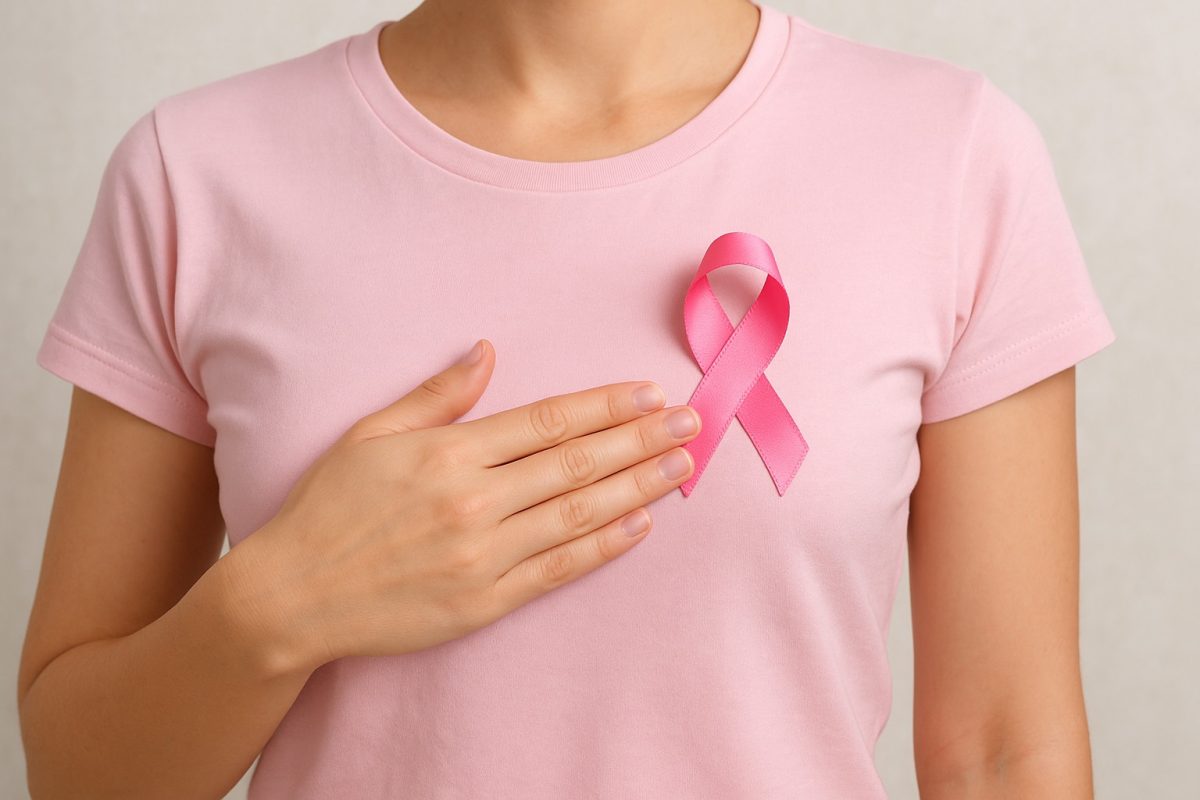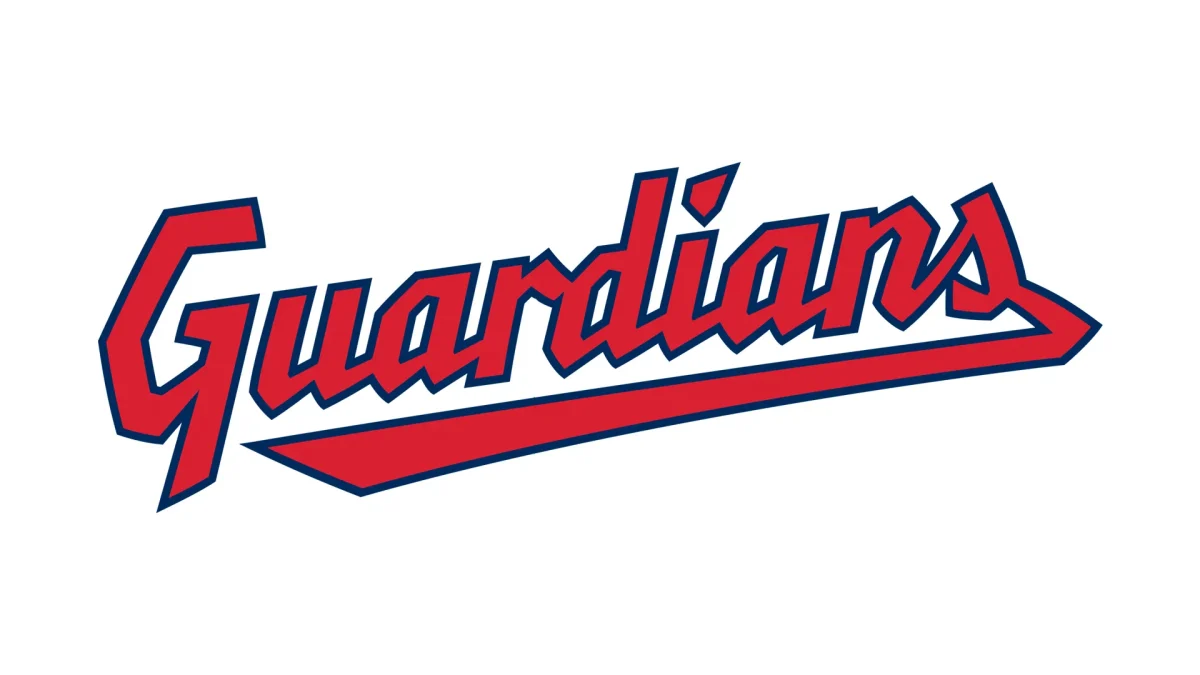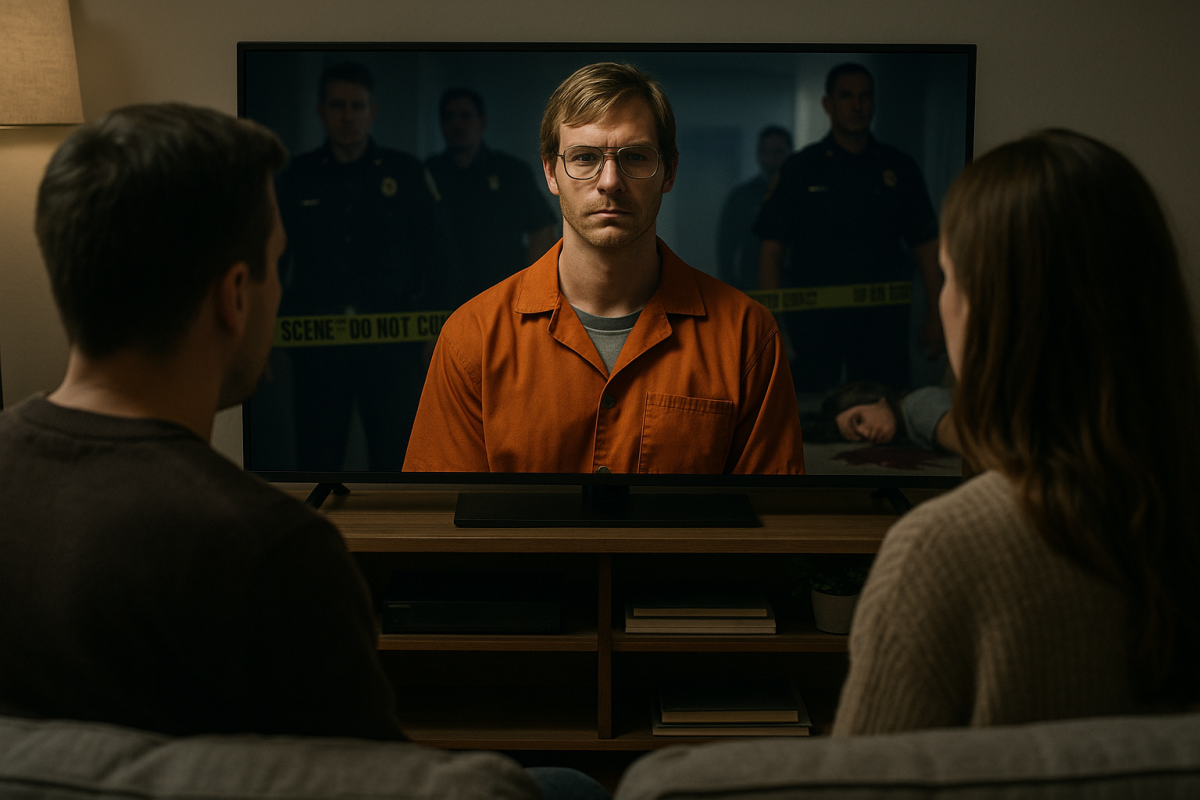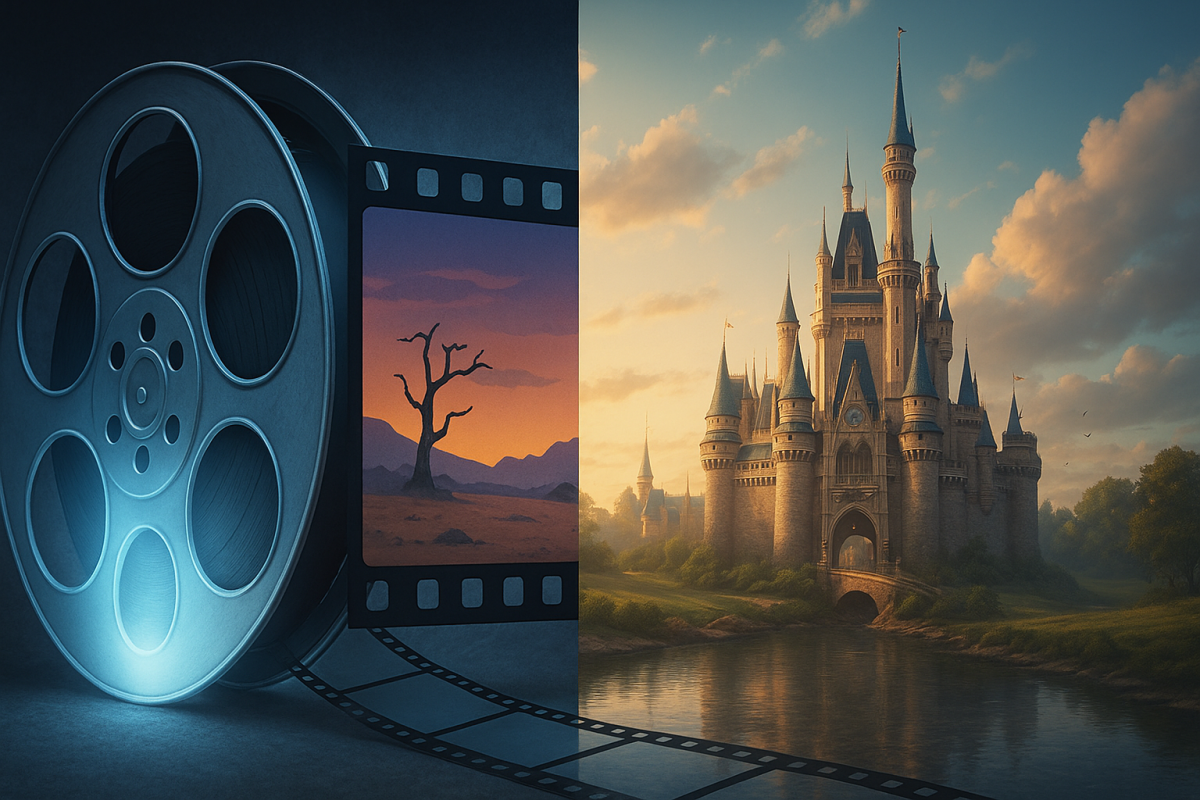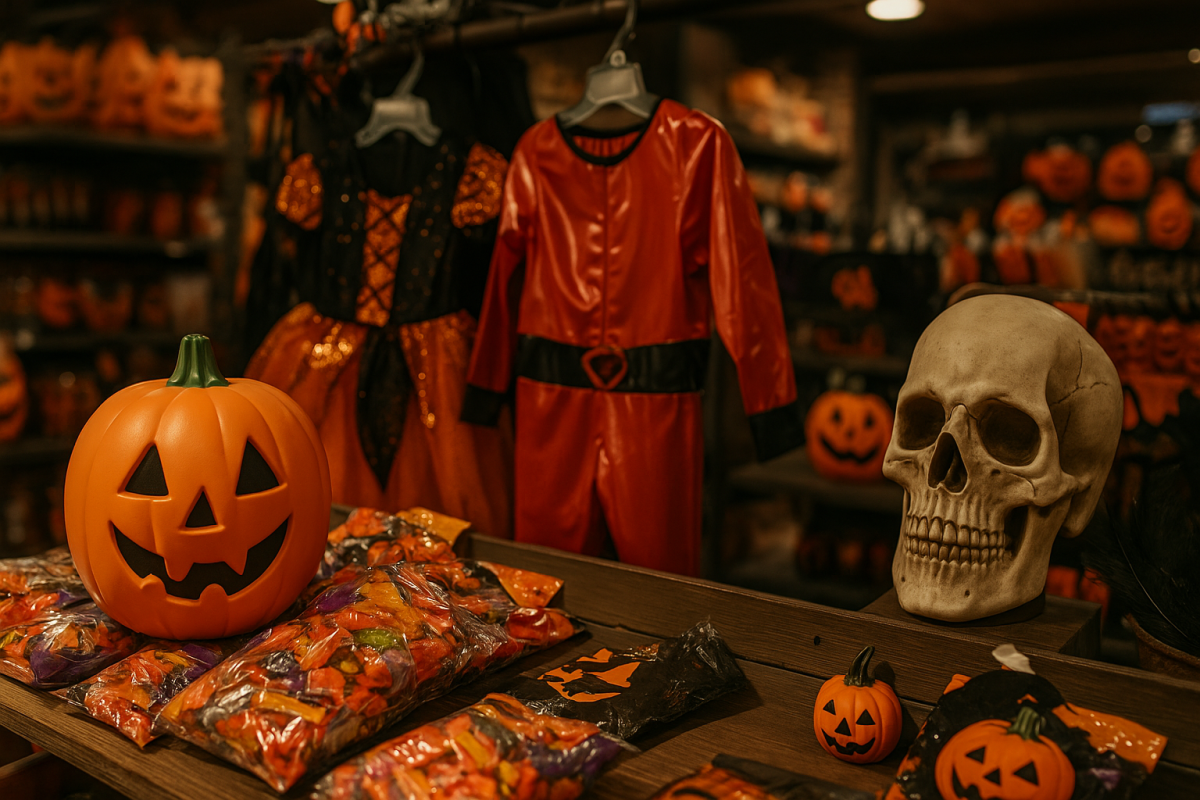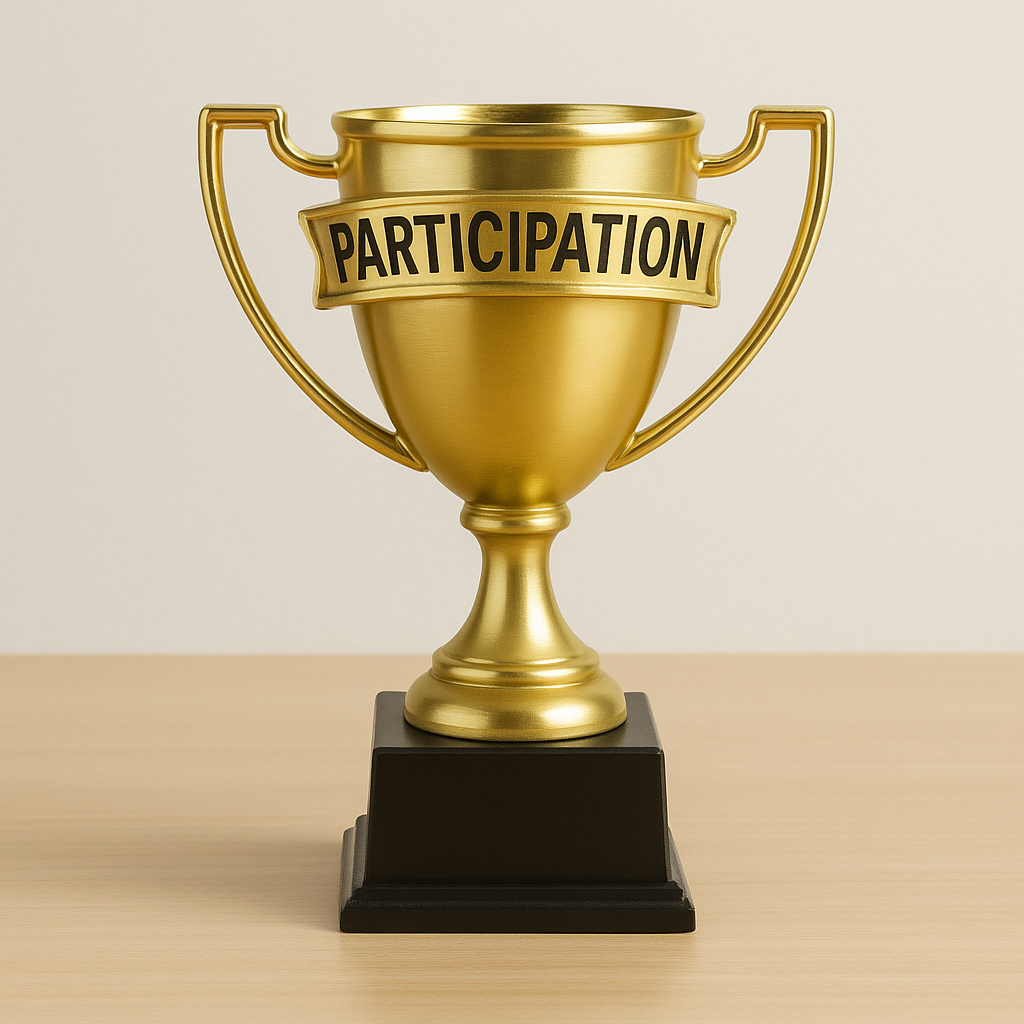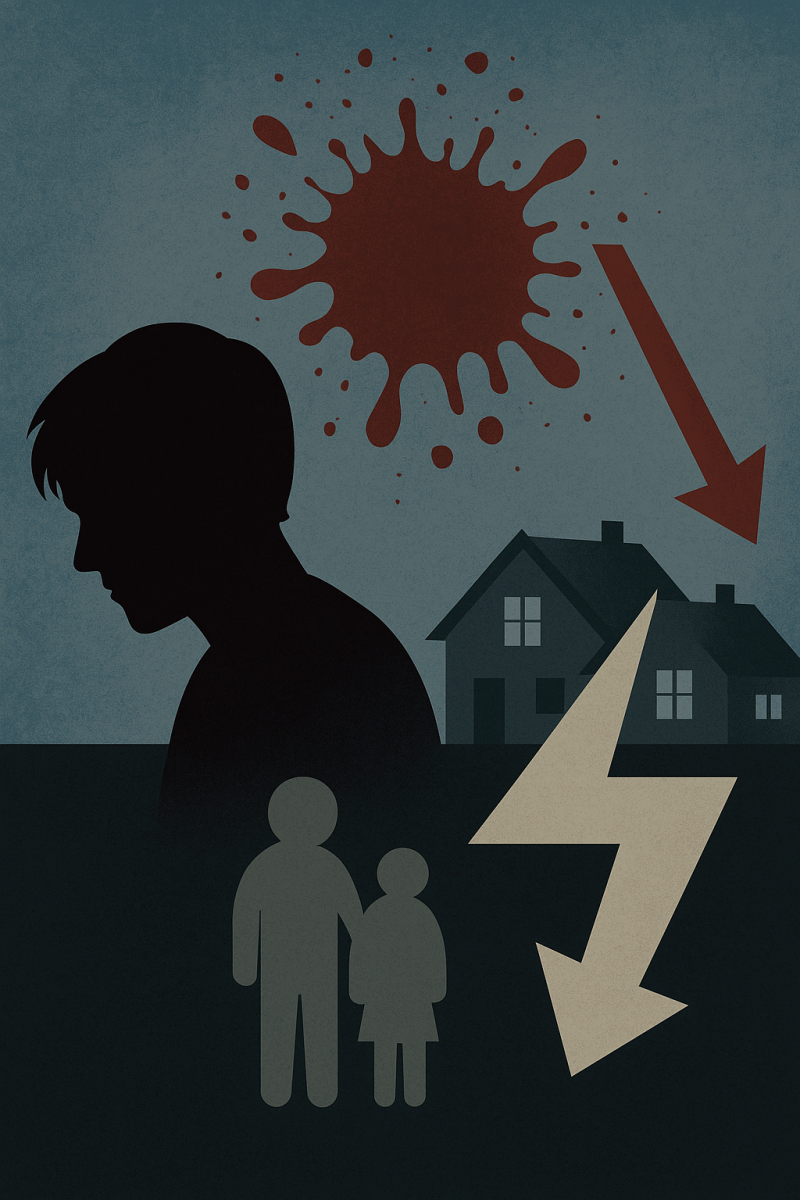Halloween, celebrated annually on Oct. 31, has evolved into a major cultural event filled with costumes, decorations and candy. However, its widespread popularity hides a number of valid criticisms. From commercialization to cultural insensitivity, there are several reasons to view Halloween as an overrated holiday.
One of the biggest problems is excessive commercialization. Halloween has become a massive retail event, with companies pushing costumes, candy and decorations to boost profits. This focus on consumerism overshadows the creativity and community spirit the holiday once represented. Families often feel pressured to spend large amounts of money to participate, turning what should be a fun tradition into a financial burden.
Another issue is cultural insensitivity. Costumes that stereotype or mock different cultures remain common, despite years of public discussion about their harm. These offensive portrayals trivialize cultural identities and perpetuate disrespect. In an increasingly diverse society, such insensitivity highlights a lack of awareness and empathy.
Halloween also tends to prioritize shock value and materialism over genuine connection. Rather than bringing communities together, it often fuels competition over who has the most elaborate decorations or expensive costumes.
While Halloween remains a beloved celebration for many, its popularity may not match its true value. Its commercialization has diluted its meaning, and its tolerance of cultural appropriation raises ethical concerns. Re-imagining the holiday with a focus on inclusivity, respect and creativity could restore some of what has been lost and remind people that celebration doesn’t have to come at the expense of awareness.

